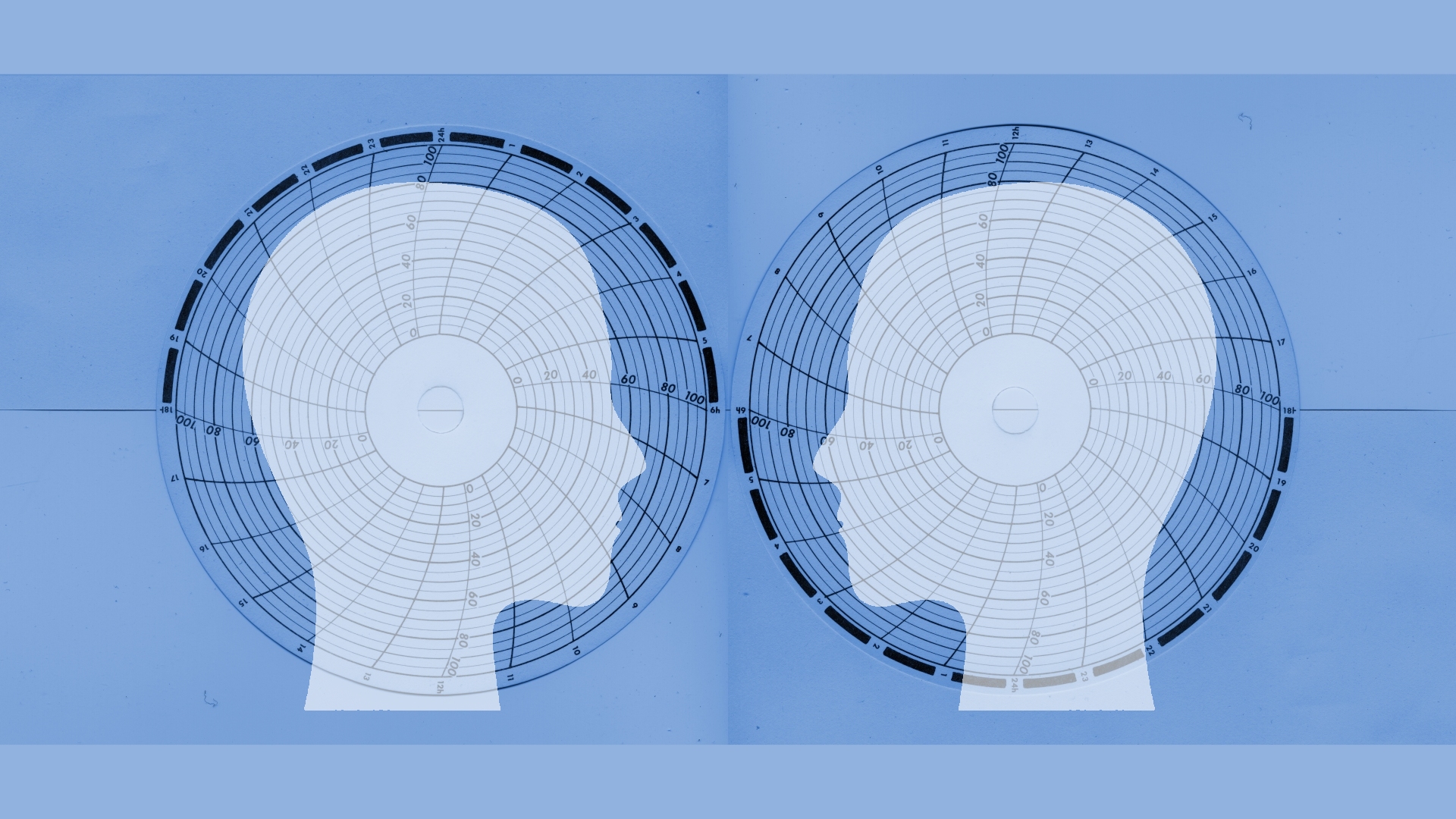The value of education for a Cosmopolitanism Beyond Comfort Zones
What are the intellectual and ethical competences children need to develop in order to become (self)reflexive, caring and tolerant cosmopolitans or ‘citizens of the world’? What kind of education could support and guide them in that becoming while they are exploring their own path of life? Is there a need for a universal curriculum for ethical competence in education, and, if so, what should it contain?
As a specific topic within the New Humanism Project, this lecture elaborates on what I consider essential for general well-being today and in the future: education and its needed reform. With their innocence and curiosity, children are vulnerable, as they can easily be manipulated by purported truths and ‘evidence-based’ stories of the adult world. However, that doesn’t mean we should keep things simple for them, on the contrary. Cognitive development theory as well as every day experience tells us that children, in their development towards adolescence and beyond, have the early and intrinsic capability to deal with the complexity of the world around them. Taking that complexity as a given, they have the right to develop the intellectual and ethical competences to learn to deal with it.
The topic was launched during a one-day pilot workshop in New York in 2019. Since then, I organise dialogues on the value of education ‘for a Cosmopolitanism Beyond Comfort Zones’ and explore perceptions and opinions related to this idea. Read more here.
